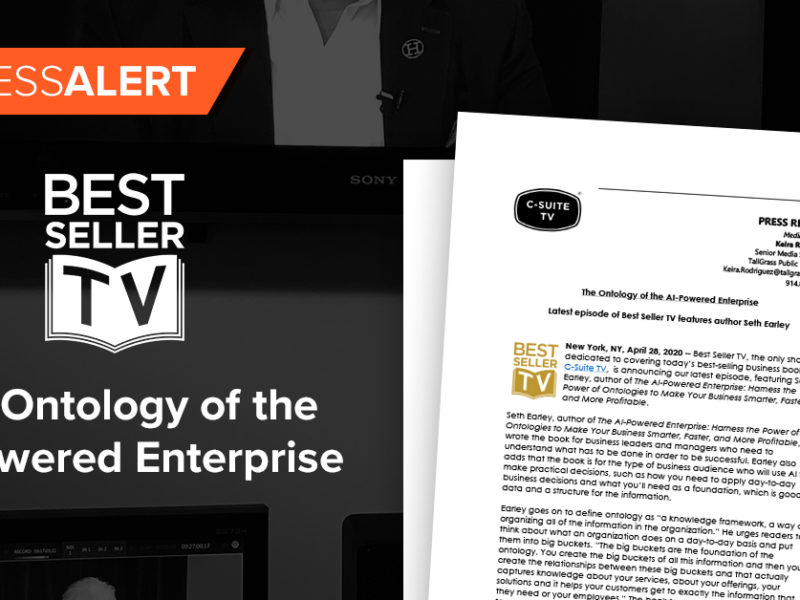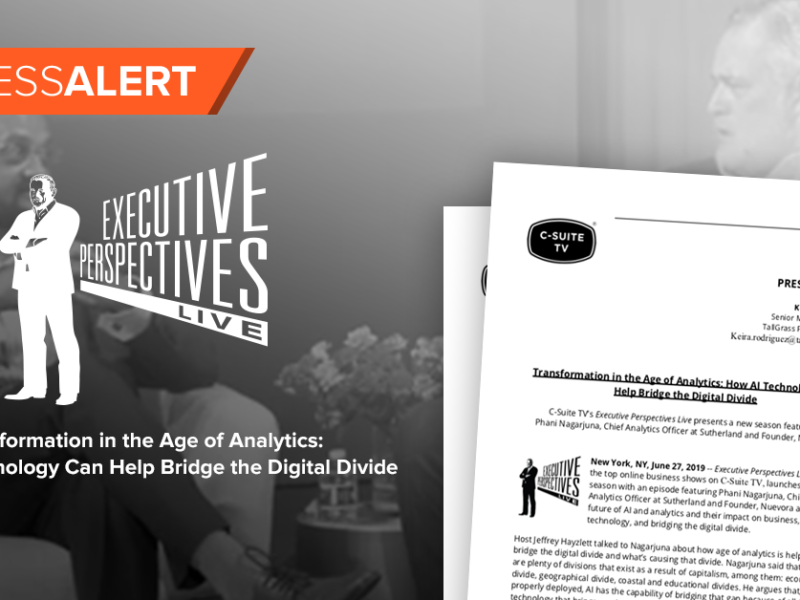
Should your own AI rat you out? It’s complicated, says the man building it
Should your own AI rat you out? It’s complicated, says the man building it https://csuiteold.c-suitenetwork.com/wp-content/uploads/2017/09/should-your-own-ai-rat-you-out-its-complicated-says-the-man-building-it-1024x683.jpg 1024 683 C-Suite Network https://csuiteold.c-suitenetwork.com/wp-content/uploads/2017/09/should-your-own-ai-rat-you-out-its-complicated-says-the-man-building-it-1024x683.jpg
Depending on who you ask, the future of artificial intelligence is either something to be excited about, or fearful of. Elon Musk suggests their ever-growing intelligence will put them at odds with humanity itself, while those who are more optimistic, like Mark Zuckerberg, think AI can help us live more fruitful, efficient lives.
Like most technology, the type of AI we end up with will depend on the people creating them. If developed with privacy and end-user control in mind, we could end up with a firmer grasp of how AI operates.
Kuna Systems is one firm looking into that possibility. The smart security camera and cloud backup provider is starting to experiment with artificial intelligence, and that’s lead to some interesting moral quandaries, which it’s in the process of solving.
Digital Trends spoke with Haomiao Huang, Kuna’s CTO, and picked his brains about the kind of problems that can be faced by developing advanced artificial intelligence. He told us that, with the right mindset, we can retain control over AI while still seeing the benefits they offer.
How AI can improve already smart technology
Modern AI, though commonplace, is limited. We see it in chat bots, image recognition systems, fraud prevention checks, voice assistants. While useful, it’s all pedestrian compared to the kind of intelligence we’re used to seeing in movies and TV shows. Soon, AI could make our already smart devices smarter, removing the need for humans to manually control our technology.
IoT devices — in particular, connected security cameras — are some of the most widely hacked devices in the world.
“What [Kuna] makes is a preventative security system,” Huang told us. “Instead of waiting until someone has broken a window or door, we allow our customers to respond before a crime has taken place.” He went on, explaining that, “a traditional security system is a responsive tool to a crime, but we’re moving into the realm of preventing a crime before it happens. The system can see and respond to a crime and prevent it from happening in the first place.”
Kuna Systems’ cameras require a measure of artificial intelligence to make that possible. They must interpret what the camera feeds are picking up, and then respond accordingly.
“We already have a system in place that can detect whether that’s a person, or a car, how many people, and so on. One of the capabilities we’re working on is detecting suspicious behaviors,” Huang continued. “It’s a pretty common tactic of thieves to ring the front door and if nobody answers, go to the back door and try and find a way in. The [AI] system we’re designing will be able to recognize that and register it as a priority, and then send an alert to our customers, or even potentially call the police.”
Today, such decisions are made with humans involved. The owner receives an alert that an “event” has taken place when someone, or something, trips the camera feed. They can then look at the live stream and respond accordingly. An advanced AI could automate this, responding faster than a human ever could, and do so when there’s no one around to check the camera feed.
“I used to be really worried about locking up my bike, but soon you’re going to be able to leave your bike by your house without locking it up, because the camera will cover it and will be able to check to see if the person taking it is authorized to do so,” Huang continued. “From there, it doesn’t make sense to steal things anymore, because you’re going to get caught and in the future, the items…






